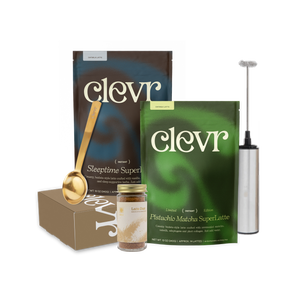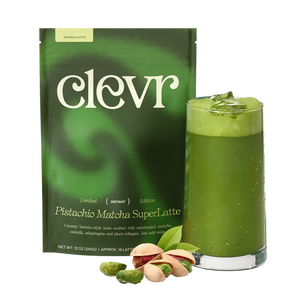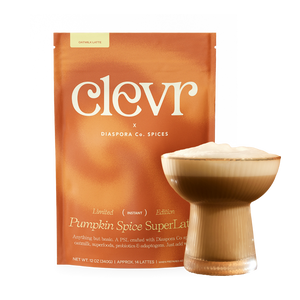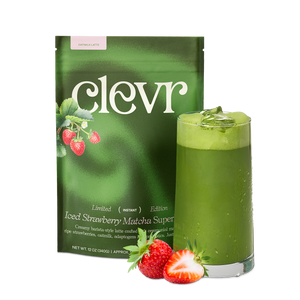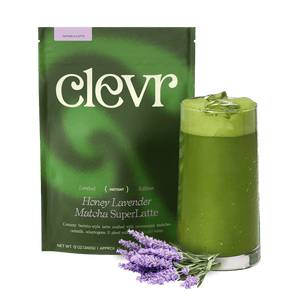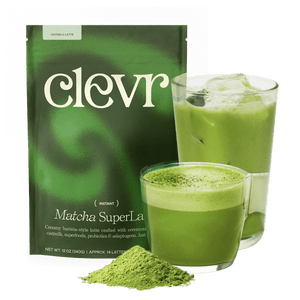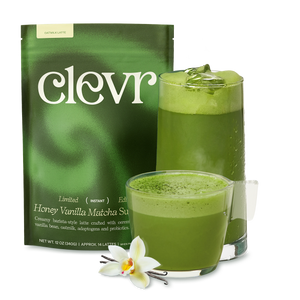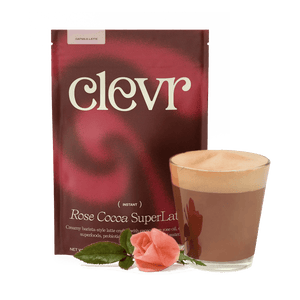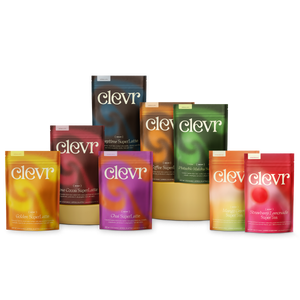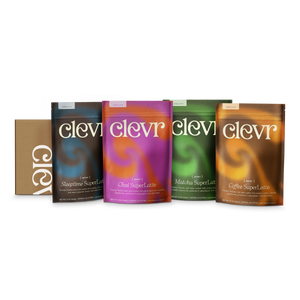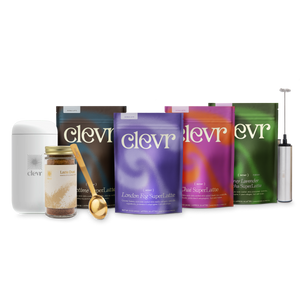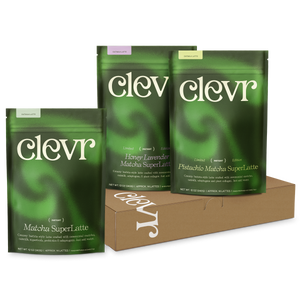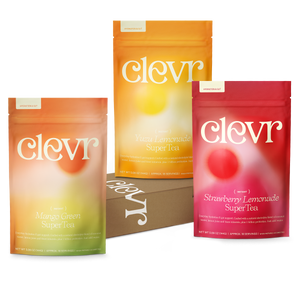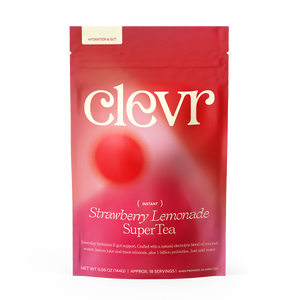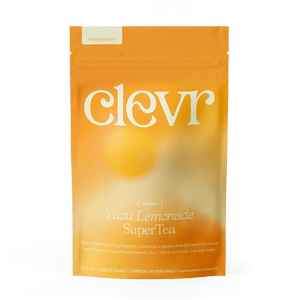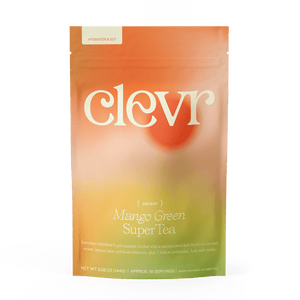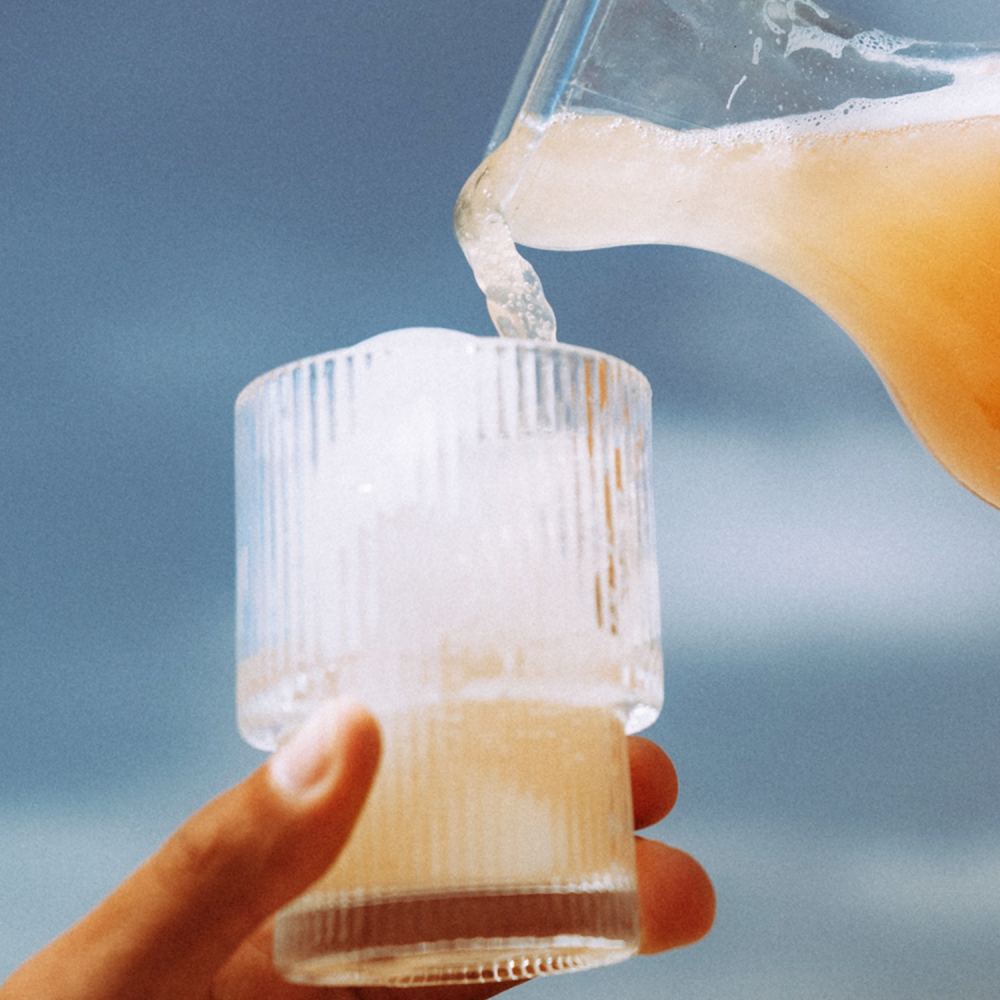
How To Know If You're Really Hydrated
Staying properly hydrated gives us clear minds, vibrant energy and a healthy functioning system. But hydration is about more than just drinking water. Read on to learn what true hydration looks like, both inside and out.
Our bodies depend on water to survive. About 60% of your body weight is made up of water alone, which means that hydration is essential to live a healthy, vital life. According to the Mayo Clinic, to maintain healthy fluid levels, we should be consuming between 90-125 ounces of water daily. Staying properly hydrated gives us clear minds, vibrant energy and a healthy functioning system. But we’ve all been there on that hot day when we start to experience the dehydration signs of a dry mouth, dark urine or dizziness…
Acute (meaning it came on suddenly, and only lasted a short time) dehydration doesn’t feel good in our bodies or minds, and usually we know right away when we’ve hit that point. But chronic dehydration is more subtle–and still takes quite a toll on your health. Research shows that 75% of adults in the U.S. are actually chronically dehydrated, which is why we're taking a deeper dive into what it really takes to stay hydrated.
IT’S MORE THAN JUST DRINKING WATER
Dehydration obviously occurs when we’re not drinking enough water - but there are a plethora of other things that impact the level of hydration in our bodies. And sometimes, we can be drinking plenty of water and still feel dehydrated. Here are a few reasons why…
Overconsumption of alcohol
Alcohol is a diuretic, which means that it causes excessive urination. This causes you to not only lose fluids, but also electrolytes - which are essential to staying hydrated (Medical News Today, 2021).
Stress
This is a big one. When you’re stressed, you’re often simply forgetting to drink enough water, but what stress does to your body physically can also directly impact your hydration. During stress, your heart goes up and your breathing gets heavier, which causes you to lose fluid. Stress also triggers the production of cortisol, which exhausts your adrenal glands and results in lower electrolyte levels. Stress and dehydration can become a perpetuating cycle, because stress can cause dehydration, and dehydration can, in turn, cause stress. This is where chronic dehydration can creep in (Shaw, 2009).
Diet low in foods with high water content
The majority of your daily water intake comes from beverages, but with a balanced diet, an average of 20% comes from foods with high water content. Incorporating raw fruits and vegetables such as apples, watermelon, cucumbers and tomatoes is a great way to increase your water intake throughout the day.
Hot weather and sunburns
When your skin becomes severely irritated or burned, it loses more water than normal. Hydrating is a great way to relieve the discomfort and severity of sunburns, to prevent further skin damage (Stuart, 2022). (For more skin health, check out Tremella, which is part of our SuperTea formulation!)
CHRONIC DEHYDRATION
When our bodies are repeatedly dehydrated, day after day, the effects compound, and chronic dehydration can set in. Many people who are chronically dehydrated aren’t aware of it, because the symptoms aren’t necessarily as obvious as dry mouth and dizziness.
Some of the ways that chronic dehydration manifests in our bodies are:
- Sluggishness and fatigue
- Brain fog and difficulty focusing
- Sugar and salt cravings
- Muscle weakness or cramps
- Dry skin
When you’re consistently losing more water (through sweat or urine) than you are taking in over a long period of time, chronic dehydration can occur (Medical News Today, 2020).
HOLISTIC HYDRATION
What does it look like to make holistic hydration our goal? Not just drinking water from morning to evening, but a cellular level of hydration. In other words - how do we achieve chronic hydration? When your body is hydrated, you should experience:
- Better quality of sleep, cognition and mood (Harvard School of Public Health, 2017)
- Well-lubricated joints
- Regulated body temperature
- Properly functioning organs
- Supporting your body’s ability to dissolve and absorb minerals & nutrients
To experience hydration on a cellular level, we usually have to do more than drink water. In order for that water to be effectively absorbed by your cells, your cells need to have an electrical charge that will draw the water in. This is where electrolytes come in, as they increase the electrical charge of your cells, to ensure that the water you’re drinking is actually being absorbed by your body, rather than just going straight through you.
This is why our SuperTeas include lemon juice, salt and coconut water (natural electrolytes!) as part of the hydration blend. Coconut water is also a great source of potassium, which helps keep fluid and electrolyte levels balanced in your body (Medical News Today, 2023). Because we believe that we’re at our best when we’re cool, calm and quenched.
Another sign of optimal hydration is through your skin. Hydrated skin isn’t just a result of topical products - it’s also dependent on hydration from within. Tremella is an adaptogenic mushroom that supports skin hydration, thanks to its gelatinous quality from its hydrophilic molecules. These molecules have the ability to retain large amounts of water, which improves your skin’s ability to retain moisture, from the inside out.
Our skin has the capacity to hold 64% water, so when we’re chronically dehydrated, we’ll see it in our skin (Journal of Biological Chemistry). This is why tremella is one of the superheroes of our SuperTeas - so that the radiance you feel from being properly hydrated within will shine outwards through your glowing skin.
